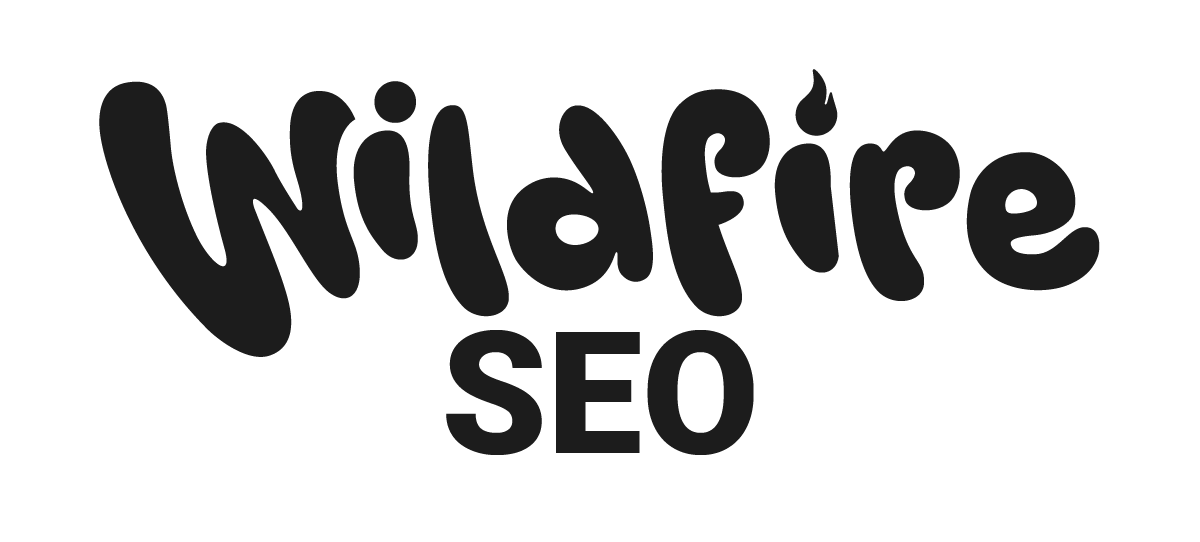
Search Engine Optimisation Companies, AI and Voice Search
In the rapidly evolving digital landscape, the advent of AI assistants and voice search technologies has fundamentally transformed how users seek and consume information. This shift presents both challenges and opportunities for search engine optimisation companies aiming to maintain and enhance online visibility. This article delves into the nuances of SEO in the context of AI assistants and voice search, offering insights and strategies to navigate this dynamic environment.
Understanding AI Assistants vs. Traditional Search Engines
Traditional search engines, such as Google, rely on keyword-based algorithms to index and rank content, presenting users with a list of links to explore. In contrast, AI assistants like Siri, Alexa, and Google Assistant utilise natural language processing (NLP) and machine learning to comprehend context and user intent, delivering direct, conversational responses. This evolution means that content optimisation must now consider semantic relevance and contextual accuracy to align with AI-driven interpretations.
AI assistants can interpret queries more flexibly, recognising user intent beyond mere keywords. For example, when a user asks, “What’s the weather like today?” AI assistants not only pull weather data but also consider location, preferences, and past interactions. This capability highlights the importance of creating content that is contextually rich and user-centric, enabling AI systems to deliver the most relevant answers.
Optimising for Zero-Click AI Search Results
Zero-click searches occur when users receive answers directly on the search results page, eliminating the need to visit external websites. This trend is increasingly prevalent due to the rise of AI-driven responses. To ensure brand visibility in this scenario, consider the following strategies:
- Implement Structured Data Markup: Utilise schema markup to provide search engines with detailed information about your content. This technique enhances the likelihood of being featured in rich snippets or knowledge panels, making your content more discoverable without users needing to click through to your website.
- Craft Concise, Informative Content: Present clear and direct answers to common queries within your content. Use headings, bullet points, and short paragraphs to facilitate easy reading and comprehension. This approach increases the chances of being selected for zero-click features, allowing users to find valuable information at a glance.
- Focus on Long-Tail Keywords: Targeting specific, conversational phrases can align your content with the natural language used in voice searches and AI queries. For instance, instead of focusing solely on “best Italian restaurants,” consider phrases like “what are the best Italian restaurants near me?” to capture more precise search intents.
Voice Search vs. AI Search: Key Distinctions
While both voice search and AI search involve conversational queries, they differ in execution and user interaction:
- Voice Search: Primarily involves spoken queries processed by voice recognition technology. Voice searches are often more casual and phrased as questions, which require concise, immediate answers. For example, a user might say, “What’s the best pizza place around here?”
- AI Search: Encompasses a broader range of inputs (text or voice) and focuses on understanding context and intent to provide comprehensive, conversational responses. AI search capabilities can engage in back-and-forth dialogues, offering more detailed information based on follow-up questions, enhancing the user experience.
Recognising these differences is crucial for tailoring content that meets the specific demands of each search modality. When optimising for voice search, consider using a more conversational tone and addressing questions directly in your content to align with how users phrase their inquiries.
The Role of SEO Agencies in the AI-Driven Search Landscape
The rise of AI-driven search has prompted questions about the relevance of traditional SEO practices. However, search engine optimisation companies still play a vital role in this new environment. Their expertise remains crucial in adapting to the changing landscape, as they can offer strategic insights and implementation of effective optimisation techniques:
- Enhancing Content Quality: Developing authoritative, contextually relevant content that aligns with user intent and AI evaluation criteria is fundamental. This means prioritising high-quality writing that answers users’ questions and engages them meaningfully.
- Utilising Structured Data: Implementing schema markup helps AI systems accurately interpret and display content, which can enhance visibility in search results. SEO agencies can guide businesses in structuring their content effectively to leverage these opportunities.
- Adapting to Technological Advances: Staying informed about emerging AI technologies and updating SEO strategies accordingly is vital. SEO agencies can help businesses remain competitive by analysing trends, adjusting strategies, and ensuring compliance with new search algorithms.
Conclusion
As AI assistants and voice search technologies continue to reshape the digital information landscape, search engine optimisation companies must adapt by embracing strategies that align with AI-driven search behaviours. By focusing on structured data, high-quality content, and an understanding of user intent, businesses can maintain and enhance their online visibility in this new era of search.
At Wildfire SEO, we specialise in navigating the complexities of AI and voice search optimisation. Our expertise ensures your brand remains at the forefront of search results, driving engagement and growth. Contact us today to learn how we can elevate your digital presence.



